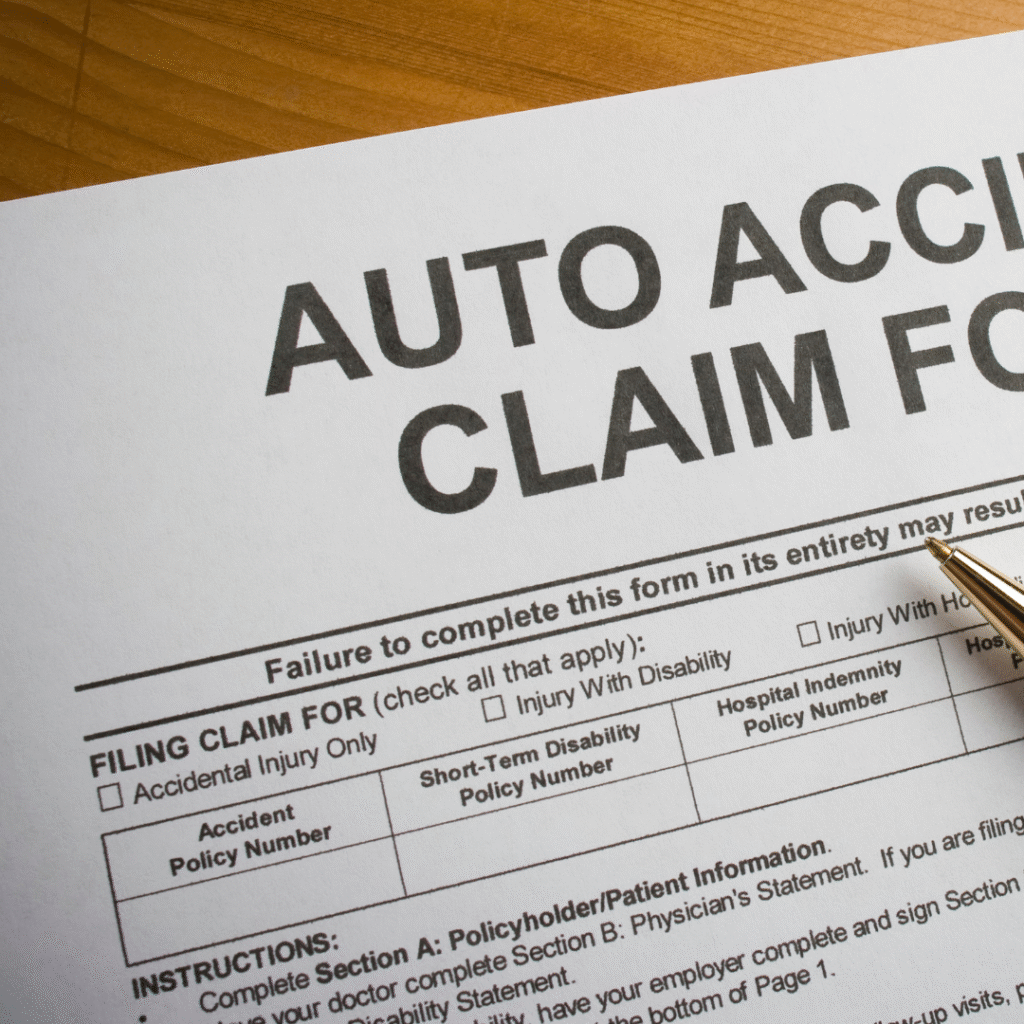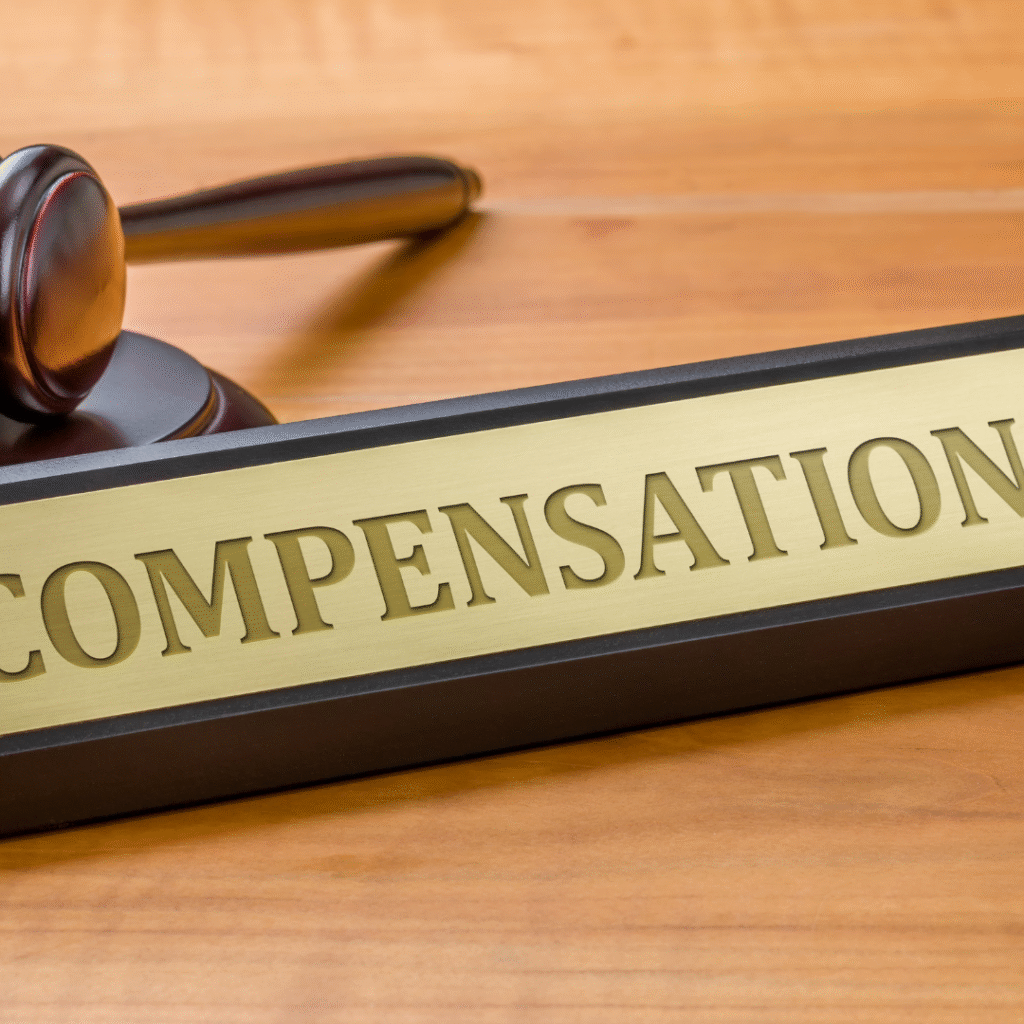GEICO Faces Lawsuit for Failing to Arbitrate Auto Accident Claim

October 22, 2025 | JacobiJournal.com — A new lawsuit filed against Geico Insurance Co. accuses the carrier of failing to engage in mandatory arbitration over a disputed auto accident claim — a move that could expose the insurer to allegations of bad-faith handling and breach of contract. The policyholder claims Geico refused to participate in arbitration proceedings required under the policy’s uninsured/underinsured motorist (UM/UIM) provisions. The suit argues this refusal caused financial and procedural harm, forcing the claimant to pursue damages through litigation instead of arbitration. Policyholder Says Geico Ignored Arbitration Obligation According to the complaint, Geico allegedly failed to respond to multiple arbitration requests after the insured sought compensation for injuries and property loss from an underinsured driver. The claimant contends that arbitration was explicitly required under the contract’s dispute-resolution clause. Legal experts say this case highlights how procedural lapses in arbitration compliance can expose insurers to extra-contractual liability, especially if courts find the insurer acted unreasonably or in bad faith. Potential Exposure for Insurer Compliance Failures Analysts note that arbitration disputes are increasingly common as insurers face growing backlogs in claim resolutions and pressure from policyholders to honor contractually mandated procedures. If the court finds that Geico deliberately avoided arbitration, the insurer could face penalties, including statutory interest, attorney’s fees, and punitive damages. “This kind of claim tests the boundaries of insurer obligations under arbitration clauses,” said a policy litigation attorney. “Courts generally enforce arbitration rights strictly—ignoring them can backfire.” Broader Industry Implications The lawsuit could influence how insurers handle arbitration provisions nationwide. Many state insurance codes and consumer-protection statutes require carriers to act in good faith when processing claims, including adhering to dispute-resolution timelines. Industry observers expect the case to prompt internal compliance reviews within major auto insurers to ensure adherence to both policy language and arbitration laws. For more on arbitration obligations under insurance law, visit the American Bar Association’s Insurance Law Section. FAQs: Geico Arbitration Lawsuit Over Auto Claim 2025 What is the Geico arbitration lawsuit about? A policyholder alleges that Geico failed to participate in mandatory arbitration for a disputed auto accident claim under their insurance contract. Why is arbitration important in insurance disputes? Arbitration clauses streamline claim resolution and reduce litigation costs. Ignoring these provisions can expose insurers to breach-of-contract claims. What legal risks does Geico face in this case? If found liable, Geico could face bad-faith penalties, attorney’s fees, and damages for refusing to comply with arbitration requirements. How might this case affect the insurance industry? It could prompt stricter enforcement of arbitration clauses and internal compliance reviews among national insurers. Stay current on insurer litigation, coverage disputes, and arbitration trends — subscribe to JacobiJournal.com for weekly expert updates. 🔎 Read More from JacobiJournal.com:
Louisiana Court Revives LUBA Fraud Case in Workers’ Compensation Dispute

October 17, 2025 | JacobiJournal.com — LUBA fraud case revival gains momentum as a Louisiana appellate court has reinstated a lawsuit brought by LUBA Workers’ Comp and TruCare Home Health LLC against former employee Rebecca Sears, marking a win for insurers seeking to curb false workers’ compensation claims. The lawsuit alleges that Sears made misleading statements to medical providers to prolong benefits tied to a 2014 workplace injury. The court’s decision reverses an earlier dismissal, allowing the case to move forward. Appeals Court Finds Grounds for Reconsideration The panel concluded that in the LUBA fraud case, LUBA and TruCare presented enough factual support to suggest Sears may have intentionally exaggerated her injury-related limitations. That finding satisfied the threshold for reviving the LUBA fraud case, which will now proceed to further evidentiary review. Legal observers say the outcome signals that fraud allegations in compensation disputes deserve full examination before dismissal. Insurers Push Back on Questionable Claims The ruling reflects a growing trend among insurers to challenge questionable workers’ compensation claims through aggressive litigation. LUBA’s persistence demonstrates an industry-wide effort to reclaim funds lost to fraudulent activity. According to analysts, Louisiana’s stance reinforces national trends toward tighter scrutiny of claimant conduct and greater accountability in medical documentation. Broader Impact on Compensation Enforcement The decision may encourage both insurers and state regulators to adopt stronger investigative protocols. Courts appear increasingly willing to weigh in when inconsistencies suggest intentional deception or overstatement of medical conditions. By reviving this appeal, the court has strengthened the balance between employee protection and insurer integrity, a recurring issue in compensation litigation. Learn more about fraud enforcement in workers’ compensation programs from the National Insurance Crime Bureau (NICB). FAQs: LUBA Fraud Case Appeal 2025 Who are the parties in the LUBA fraud case? LUBA Workers’ Comp and TruCare Home Health LLC are suing former employee Rebecca Sears for allegedly making false statements to extend benefits. What did the Louisiana appeals court decide? The court revived the insurers’ fraud case, allowing it to continue after a previous dismissal. Why is this case significant for insurers? It reinforces insurers’ rights to pursue compensation fraud claims and signals judicial support for thorough fraud review. Where can readers find more about compensation fraud trends? Visit the National Insurance Crime Bureau (NICB) for verified industry data and prevention initiatives. Stay informed on the latest insurance and fraud litigation—subscribe to JacobiJournal.com for expert analysis and weekly updates. 🔎 Read More from JacobiJournal.com: